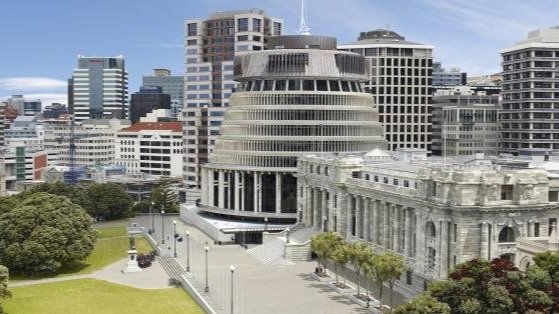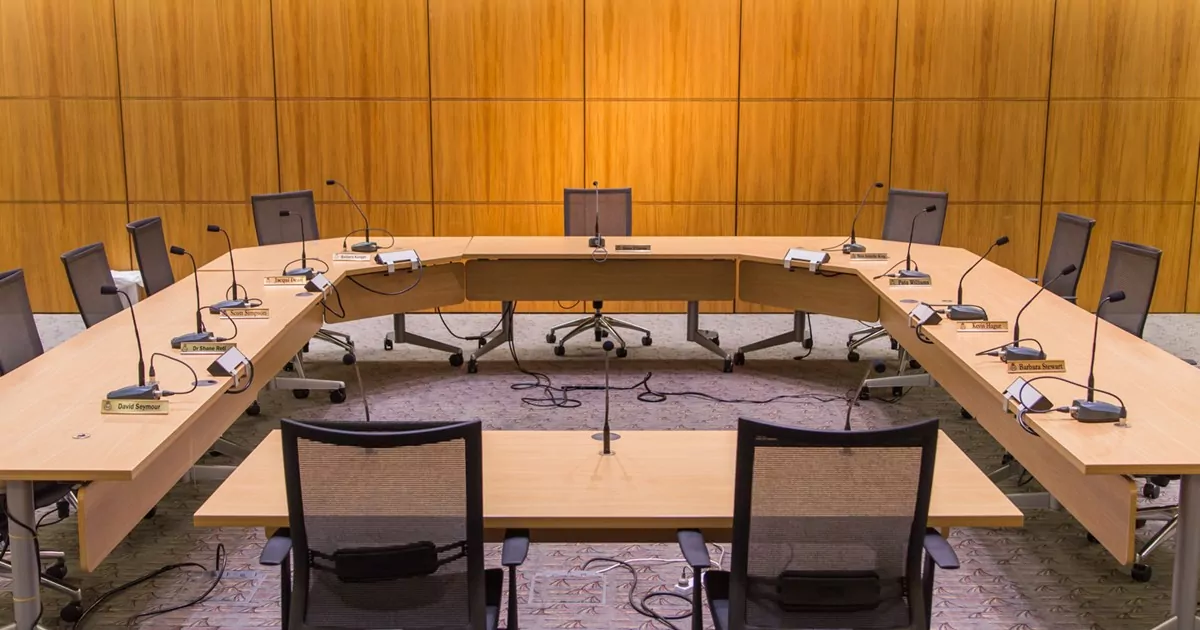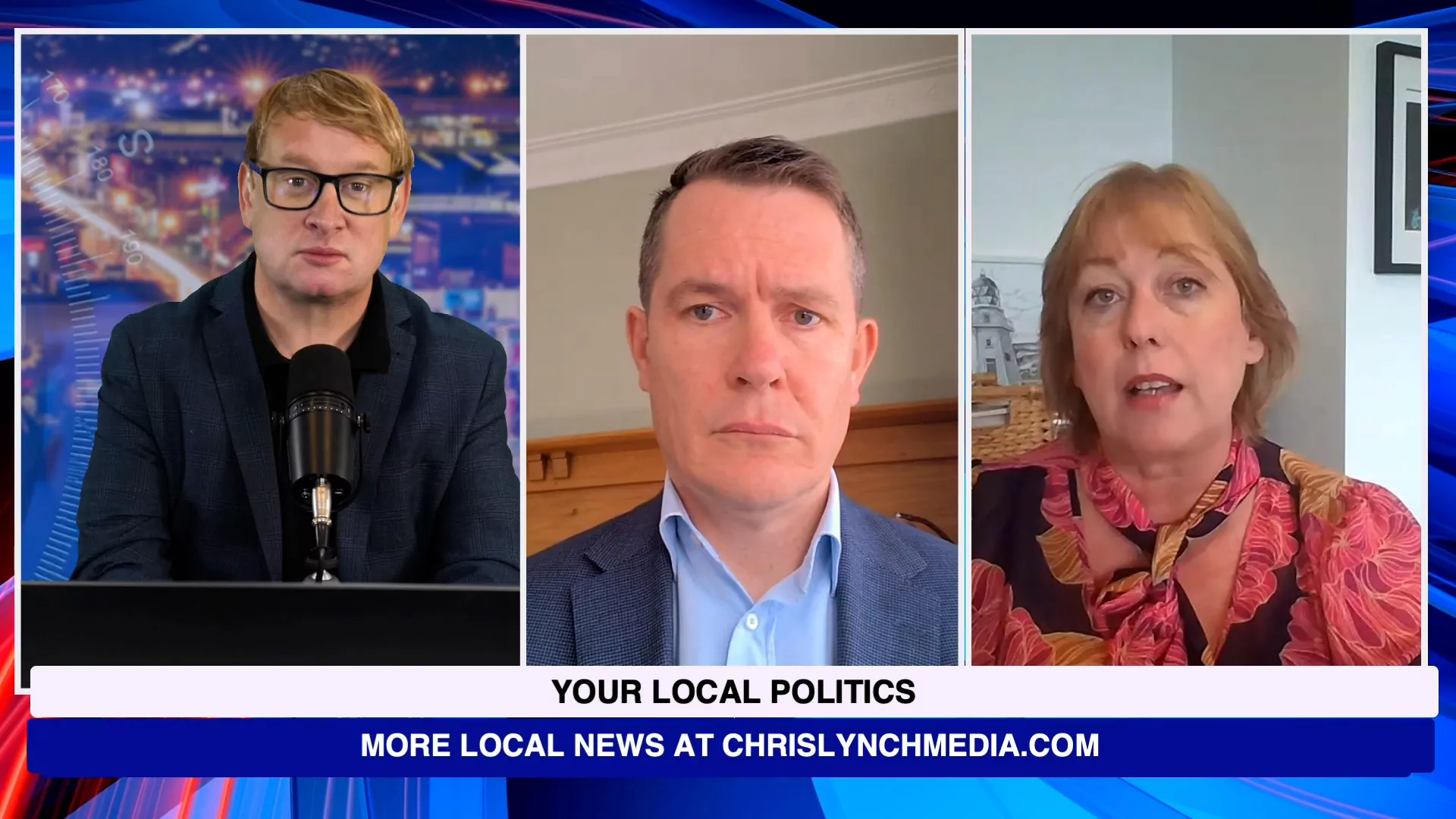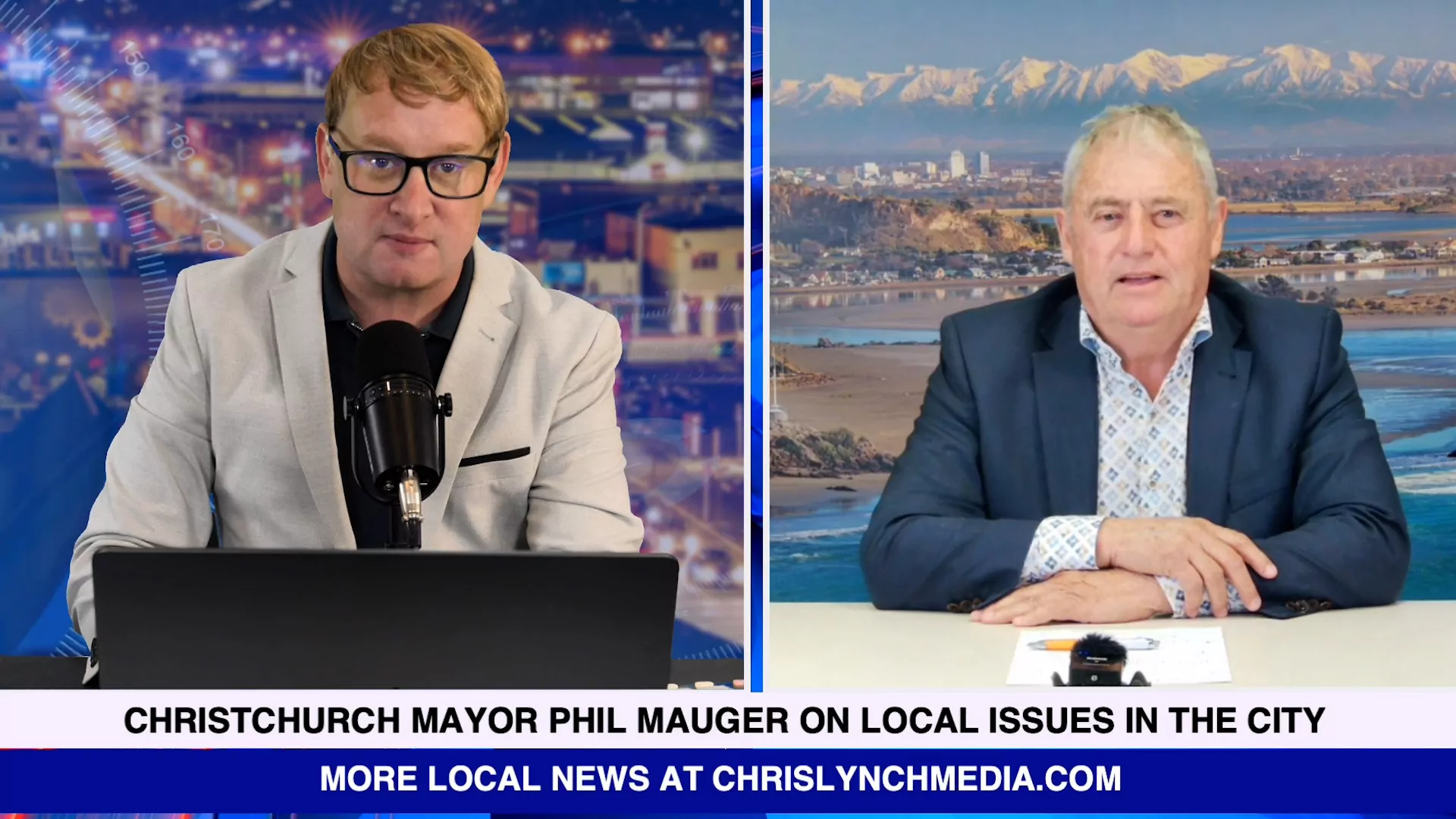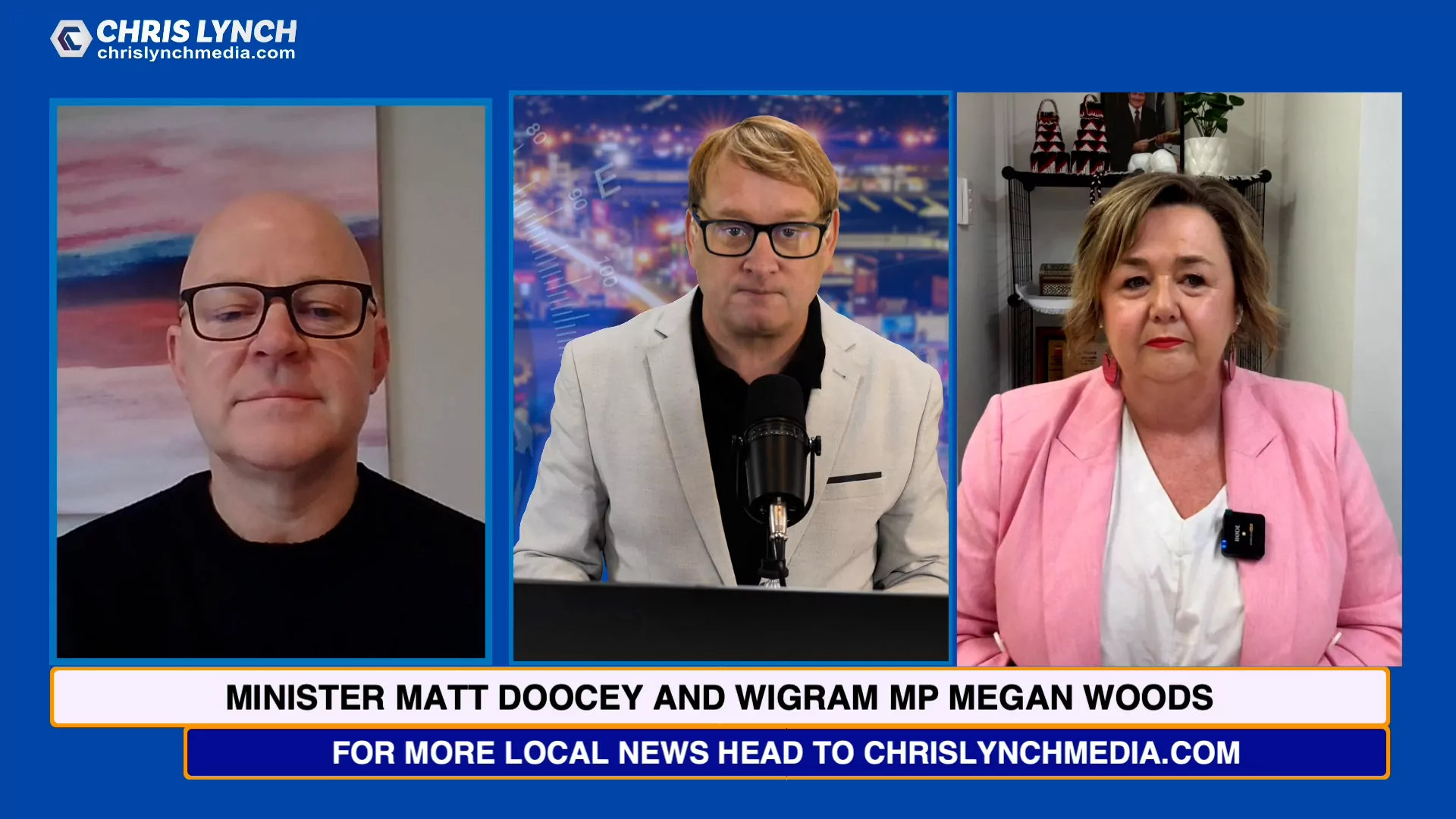Dr Bryce Edwards is Political Analyst in Residence at Victoria University of Wellington. He is the director of the Democracy Project.
Wealthy vested interests have an oversized influence on political decisions in New Zealand. Partly that’s due to their use of corporate lobbyists. Fortunately, the influence lobbyists can have on decisions made by politicians is currently under scrutiny in Guyon Espiner’s in-depth series published by RNZ.
Two of Espiner’s research exposés have been published this week, shedding light on the influence that lobbyists have on government. And more revelations are expected.
What can be done about the problem of wealthy vested interests utilising lobbyists to get their way? In New Zealand lobbying is entirely unregulated. A “wild west” approach is taken in which politicians let lobbyists run amok, especially in terms of their use of the “revolving door” in which they freely switch between jobs in the Beehive and lobbying firms.
The Health Coalition Aotearoa has started the ball rolling on reform, with a proposal released yesterday on how to clean up lobbying and other problems of vested interests in Wellington’s decision-making process. Essentially, they want to “drain the swamp” of vested interests in the capital. I’ve contributed to the Coalition’s campaign, helping them draw up some of the ways to clean up politics.
Below are some of the current proposals for cleaning up lobbying.
Reform 1: A cooling off period for political insiders before they become lobbyists
New Zealand has absolutely no rules to stop politicians or senior public servants and political insiders from going straight from public roles to working in the private sector, taking their knowledge and networks and becoming lobbyists. The Health Coalition argues that the “revolving door” needs to be shut, or at least swing a lot more slowly.
Democratic countries don’t normally allow political insiders like Cabinet Ministers to shift straight into jobs with conflicts of interests – such as Kris Faafoi did last year. In every other similar country there is a mandatory “cooling off” period for political insiders after they leave their taxpayer-funded positions. Transparency International recommends a minimum of two-years. Below are some examples of the “cooling off” time periods in other countries:
• Australia: 18 months
• European Union: 18 months
• United States: 2 years
• United Kingdom: 2 years
• Taiwan: 3 years
• Canada: 5 years
Could this be done here? Yesterday Prime Minister Chris Hipkins said he was open to this proposal, saying he had “never shut the door on those conversations”, and “I’m not going to rule them in, but I’m also wouldn’t rule them out either.”
The National Party has been much more willing, with spokesperson Simeon Brown arguing in favour of revolving door restrictions. The Greens, too, are in favour.
Other public voices are also pushing for this. Notably, former prime minister Helen Clark has recently called for “cooling down” periods to be implemented.
The Herald newspaper has also come out in favour, pointing out in an editorial late last year that: “In the private sector, restraint of trade clauses are not unusual for similar reasons. Access to sensitive or advantageous information should come with some obligations over how and when it can be used for other, perhaps competitive, purposes.”
Lobbyists themselves will, of course be lobbying against any change in the rules. Leading lobbyist Neale Jones has previously spoken out against such rules, because “people need to make a living and have jobs and, when you’ve worked in Parliament, there are only so many places you can work afterward.”
Reform 2: A lobbying register – a database of lobbyists and their actions
The Health Coalition is arguing that a public register needs to be established for lobbyists. This would be a publicly searchable database with details of lobbying activities.
This is fairly common in other countries. Guyon Espiner explained yesterday in an interview with Today FM that the rules are much stronger in places like the US: “You talk to people about lobbying, they immediately go to America – they think it’s something that happens in Washington and not in Wellington… Weirdly, America’s lobbying rules are really, really strong in terms of transparency and rigour. You can go to jail for a few years, you can get fined big time. In New Zealand, they don’t even define what lobbying is. There’s no public lobbying register.”
However, there are many complexities in setting up such a register, especially in defining what a lobbyist is. Does it include Greenpeace and the Health Coalition Aotearoa, for example? How do we define the act of lobbying? Does it include when a member of the public or a businessperson runs into their local MP at the supermarket?
These complexities sunk a proposal put forward by the Green Party in 2012. A private member’s bill was progressed, first by Sue Kedgley, and then by Holly Walker, which would have forced lobbying activities involving politicians to have to be declared. But when the bill came to be considered in select committee, the major flaws and overly-simplistic design of the Green legislation became apparent, and the bill was dumped.
Reform 3: A code of conduct for public officials dealing with lobbyists
Much of the onus for regulating lobbying needs to be put on politicians and public officials in their dealing with lobbyists. The Health Coalition is proposing that a code of conduct be established so that those working for government know how to interact with lobbyists. No clear rules currently exist.
The Public Service Commission could establish rules for public servants, and Parliament could write rules for MPs. Even the Cabinet Manual should have more stringent rules and expectations for ministers. Chris Hipkins could easily establish a “Code of conduct” for his ministers, MPs, and staff, that includes an agreement not to go into lobbying in the three years after they depart Parliament.
Therefore, at the very least, when lobbyists deal with officials or take on public jobs, these situations can be more carefully managed. And if lobbyists are to be employed in the Beehive, a condition of employment should be the full public disclosure of the clients of their lobbying firm. Chris Hipkins has given the top job in the Beehive – his Chief of Staff – to lobbyist Andrew Kirton, who only resigned from his lobbying job a day before taking up the position, and yet the public aren’t allowed to know who his corporate clients were.
Reform 4: A code of conduct for lobbyists
The lobbying industry currently has no agreement on ethical standards. This means that lobbyists have no rules about integrity, accountability or transparency.
The establishment of a code of conduct should be a requirement of the industry. As political commentator Liam Hehir points out this week, such a code of conduct could include “Requirements for lobbyists to disclose their activities, including communications with public officials and expenditure on lobbying activities.”
It is not unusual for those in private sector industries like law to have rules and restrictions for their profession – this is part of what having a “social licence” to operate requires.
The most important demand that should be made of lobbyists is for full public disclosure of their clients. The problem is that for lobbyists, this secrecy is a central part of their business model. But it’s one that increasingly looks corrupt.
Reform 5: An independent Integrity Commissioner to monitor and oversee the programme
Given the scale of the problem with lobbying in New Zealand politics the Health Coalition is proposing the establishment of a formal body to be established to oversee the interactions between vested interests and politics.
Such a public body would be able to deal with lobbying issues in general. But it would also deal with the wider issues of integrity relating to government appointments, the government’s use of private sector consultants and contractors, and political donations to politicians. All of these areas require much more oversight and currently undermine public confidence in the political system.
Is there political will for reform on vested interests in politics?
Much of the debate about vested interests is leading to the conclusion that there is a “swamp” of parasitical lobbyists and consultants in Wellington that need to be better regulated. And as Guyon Espiner’s “Mate, Comrade, Brother” RNZ series on the cosiness of the capital continues, the demand to clean up Wellington politics is likely to grow.
But is it in the interests of the politicians to clean up the Wellington swamp? The problem is that all the political parties benefit from the way that the lobbying industry operates, and many of the politicians and their colleagues are the worst offenders. So, why would they want to introduce tighter laws that would impact negatively on themselves?
Don’t expect political parties to fix these problems without pressure being applied. Every party – from National to the Greens – are tied up with lobbyists and vested interests to varying extents.
The media, too, must stop enabling lobbyists by giving them platforms to advance their agendas and reputations. Perhaps the media has a responsibility to stop using lobbyists as commentators or authoritative news sources. In recent times, lobbyists have become a central part of political analysis in New Zealand, as if they are the most authoritative voices due to their links with political parties.
Most importantly, the media need to increase scrutiny of the Government over the involvement of lobbyists in the decision-making process. Journalists often feel pressured to stay on side with all useful sources of information. There might also be a tendency for some journalists to avoid scrutinising lobbying activity – perhaps keeping in mind that it’s also common for journalists to go straight from journalism into PR and lobbying. But those of us in the media need to rise to the occasion on this issue.
Dr Bryce Edwards is Political Analyst in Residence at Victoria University of Wellington. He is the director of the Democracy Project.
